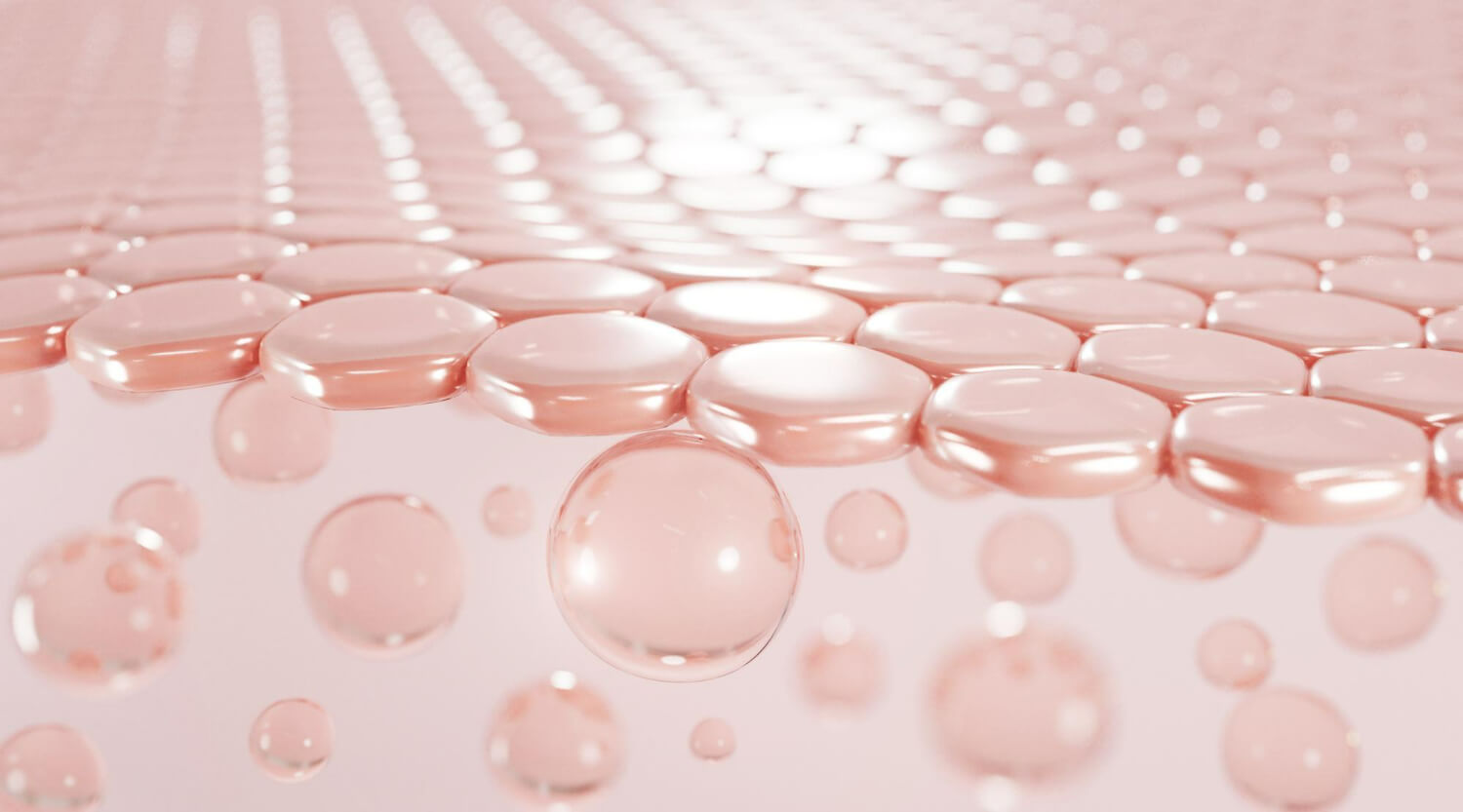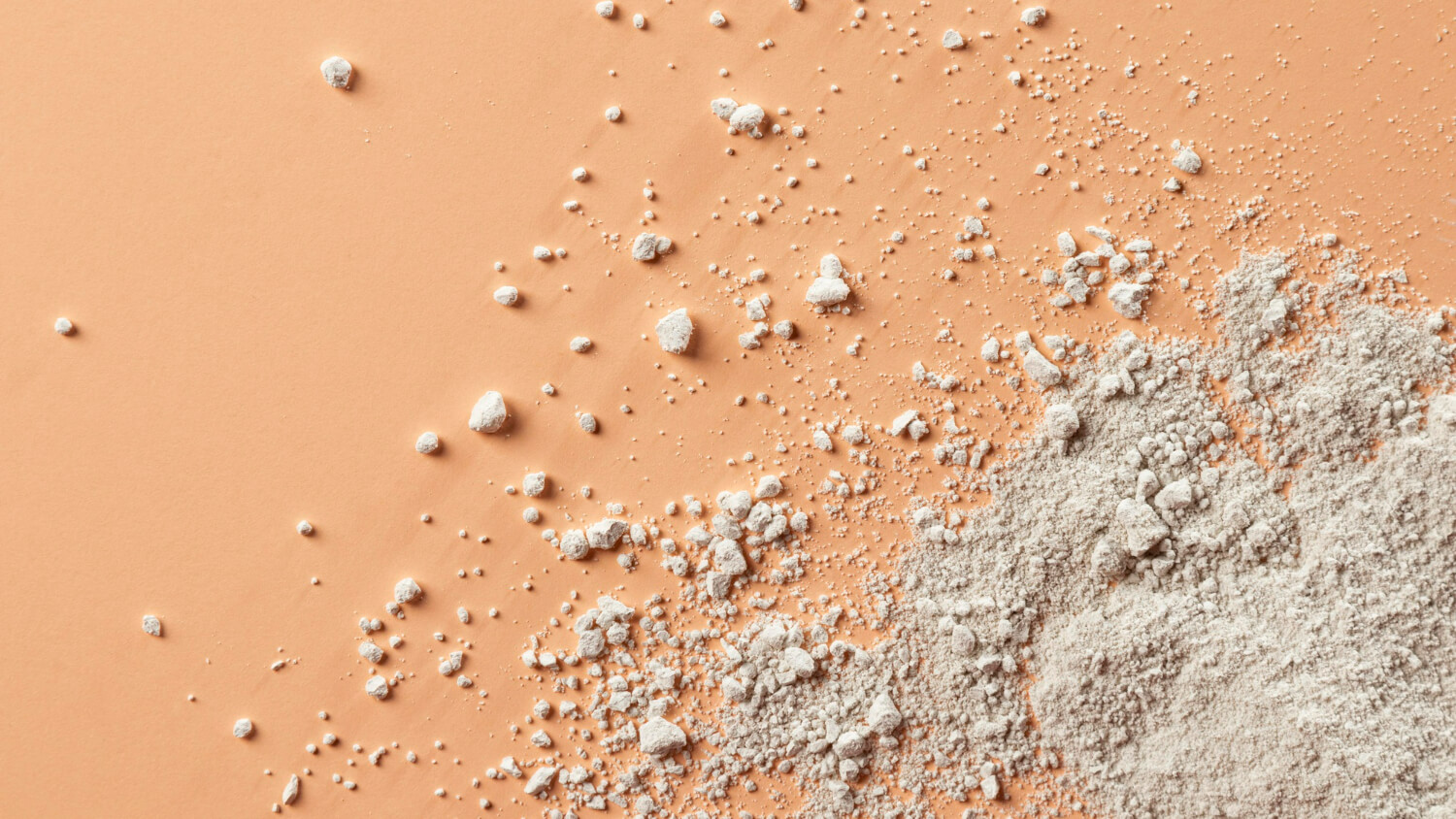We all want healthy skin, rich hair and strong nails, but how can we maintain their beauty in the long run? Simple! With the help of healthy diet and collagen, the body can maintain its long-term functionality, as well as the beauty of its appearance.

Collagen is a protein naturally produced by the body that plays a role in cell regeneration and maintaining the health of bones, skin, hair, nails, muscle and connective tissue in general. It is also found in the cornea of the eye, digestive system, liver, lungs and placenta.
There are a number of external factors that contribute to slowing collagen production in the body, such as free radicals, pollution, unhealthy diet, smoking and prolonged sun exposure.
All these factors, along with aging, significantly reduce collagen reserves, causing joint pain and inflammation, wrinkles, wrinkles, muscle mass weakening and nails becoming soft and brittle.
Benefits of collagen:
Collagen is a protein in the form of elastic fibers, with a key role in the body that helps connect tissues. This type of protein is an essential component of skin, bones, muscles, tendons and cartilage. When digested, it is broken down into amino acids and then distributed throughout the body where there is a protein deficiency.
In addition to physical beauty, collagen helps keep skin firm and elastic, speeds up the healing process where it is needed, prevents wrinkles and stimulates hair growth.
Collagen has numerous pharmaceutical, medicinal, nutritional and cosmetic applications and is used as an ingredient in creams and supplements to treat signs of aging, joint pain, muscle strength or cell regeneration.

The benefits of collagen include:
-
Anti-aging effect, helps maintain skin elasticity and firmness
-
Strengthens bones and joints
-
Reduces joint pain and inflammation
-
Stimulates hair and nail growth
-
Accelerates cell regeneration and wound healing
-
Supports muscle recovery after intense physical activity
-
Maintains healthy teeth and gums
-
Deeply moisturizes the skin.
Types of collagen:
There are more than 28 types of collagen, but the most common are the first four types.
Here are their uses:
-
Type I collagen is the main component of bone, responsible for tissue regeneration. It is also found in skin, teeth, tendons and ligaments.
-
Type II collagen is found in cartilage, responsible for cartilage repair
-
Type III collagen is found in muscles, organs and blood vessels.
-
Type IV collagen is found in 70% of skin and is the main component of the basal membrane.
According to specialized studies, the age at which collagen production reaches its peak is 25 years. After this age, the level begins to gradually decline, making it necessary to take collagen in the form of dietary supplements or cosmetics.When collagen production declines, the skin loses elasticity and wrinkles appear, tendons may become stiff and muscles lose strength.
Collagen can come from an endogenous source, that is, it is produced naturally by the body, or exogenously, that is, synthetic collagen derived from an external source such as dietary supplements.
Collagen supplements are obtained from the bones of cattle, pigs or fish and are available in pill, liquid or powder form. For
vegetarians, there is also
vegan collagen, which is obtained by recombining protein production from bacteria, yeast, plants or artificial fibers.
Specialists recommend taking collagen supplements to improve the appearance of the skin, strengthen the bone system and reduce joint stiffness, as well as inflammation and muscle pain.
A lack of collagen can have unpleasant effects on the health and appearance of the body. Low collagen intake can wrinkle skin, increase the risk of arthritis, reduce visual function and cause hair to lose its luster and volume.
Hydrolyzed collagen in powder form is derived from a group of peptides that has much higher intestinal absorption than normal collagen in capsule form. By following a healthy and balanced diet and taking top-quality collagen-based supplements, you can slow the aging process of the skin, the breakdown of the bone system and other functions and organs in the body.







